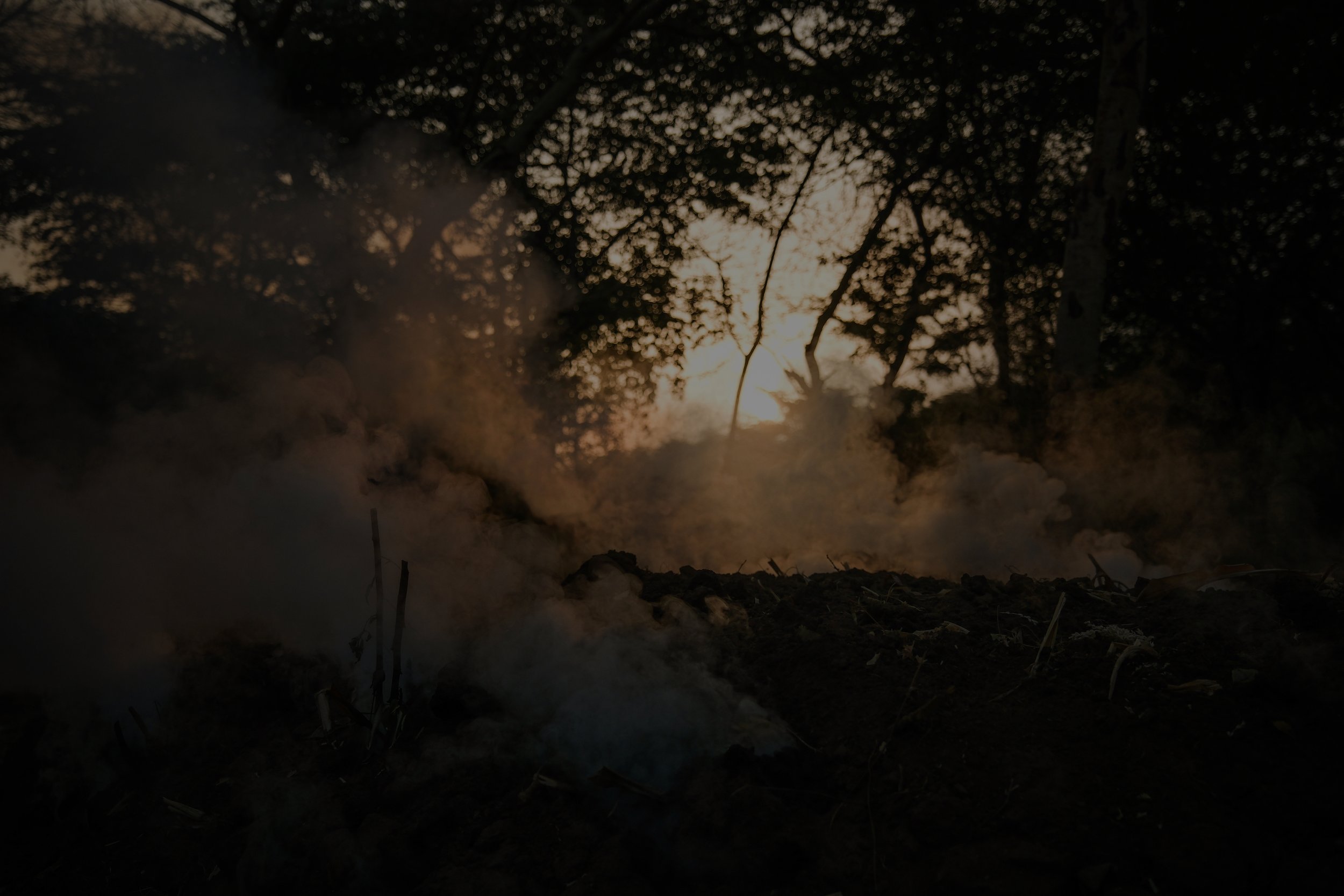Board Chaplain’s Reflections from Ecclesiastes
Pictured: Mangoes growing in rural Kenya.
During our monthly board meetings, the AgGrandize team is exploring the deeper truths of Ecclesiastes.
The book’s theme centers on life “under the sun”—life lived apart from God’s reality.
In chapter 7, Solomon reflects, “I have seen everything during my lifetime of futility. There’s a righteous man who dies in his righteousness, and a wicked man who lives long in wickedness.” Solomon seems to wonder why good people face bad circumstances, and vice versa.
Is this just chaos or randomness in the universe?
Centuries later, Augustine picked up on this problem. He said we may not understand why God allows the wicked to prosper or the faithful to suffer—why a righteous person might be poor, while a wicked person is rich. Even so, Augustine emphasized that God's justice and wisdom are perfect. We’re called to focus not on the fortunes we see shared by both the good and the evil, but on the Good that only the good can experience—something independent of circumstances.
Pictured: farmers making charcoal in rural Kenya.
Maybe Solomon couldn’t see this clearly, but Augustine did: true goodness isn’t based on luck or circumstance. The New Testament term “Agathis” captures this idea of genuine goodness—something beneficial by nature.
It’s used to describe a desire for goodness (2 Thessalonians 2:11), affirmations of goodness (Romans 15:14), and a conscience that recognizes what’s beneficial (1 Timothy 1:5).
And Jesus himself will welcome us someday with the words, “Well done, thou good and faithful servant.”
But perhaps we don’t have to wait until then.


